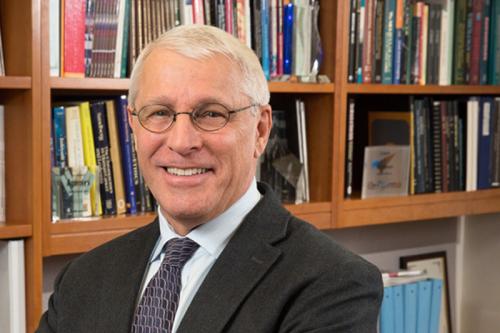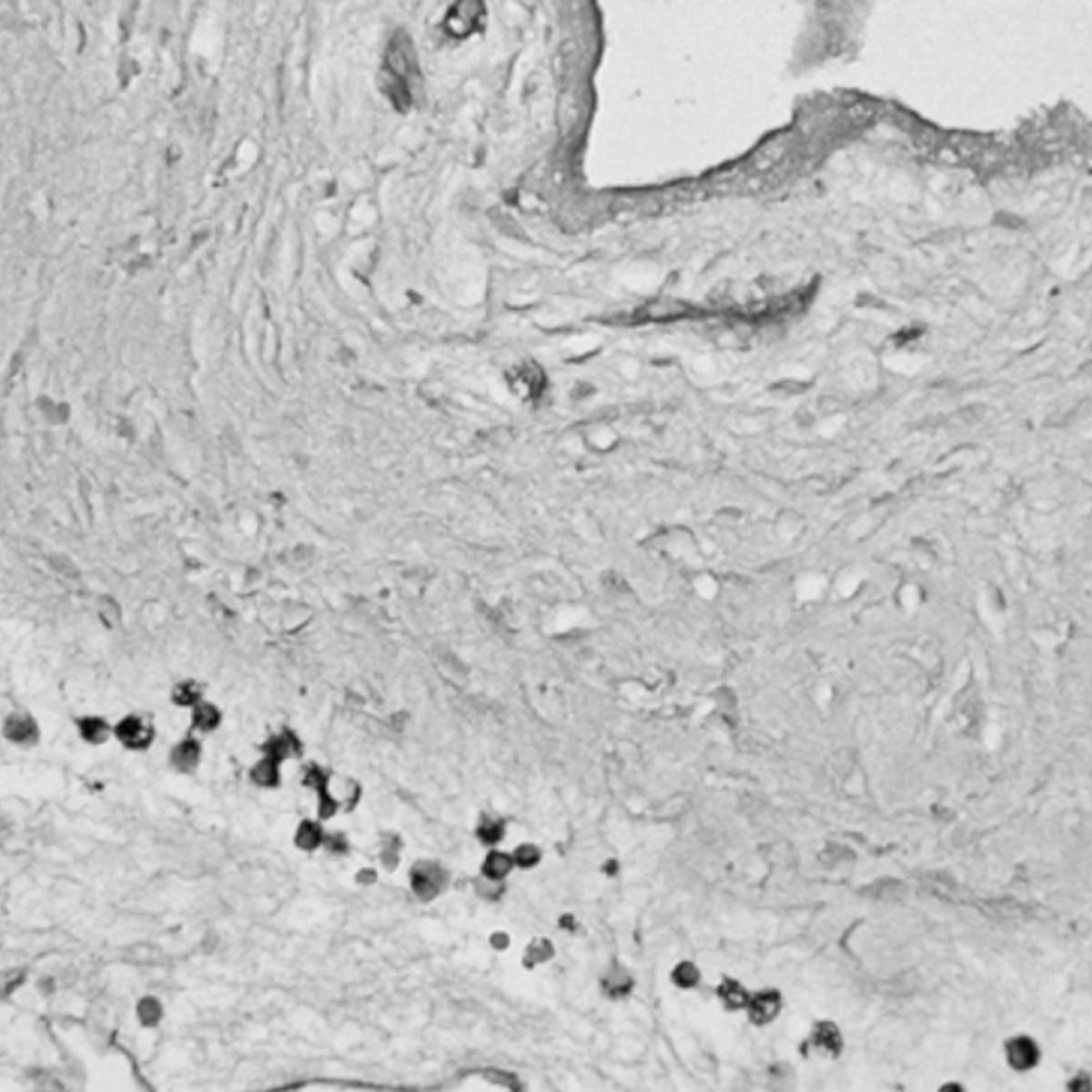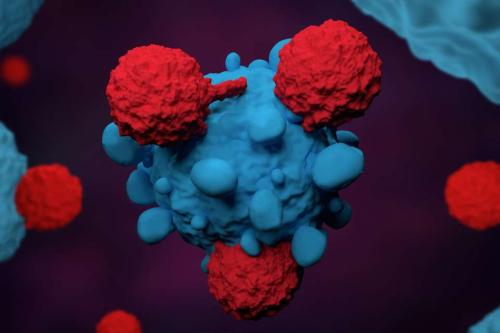
Owen N. Witte, M.D.
- University Professor, Microbiology, Immunology and Molecular Genetics
- President’s Chair, Developmental Immunology
- Distinguished Professor, Microbiology, Immunology and Molecular Genetics
- Distinguished Professor, Molecular and Medical Pharmacology

Owen Witte, M.D., has made significant contributions to the understanding of human leukemias, immune disorders and epithelial cancers. His recent work has concentrated on defining the stem cells for epithelial cancers of the prostate and other organs to help inform the development of new therapies for these diseases.
He served as founding director of the UCLA Broad Stem Cell Research Center for 15 years.
Witte’s early discovery of the tyrosine kinase activity in the ABL protein and the demonstration of the BCR-ABL oncoproteins in leukemias was one of the preclinical discoveries that led to the development of Gleevec, the first targeted therapy for chronic myelogenous leukemia and acute lymphoblastic leukemia.
Witte also co-discovered the gene for Bruton's tyrosine kinase, a protein essential for normal B-lymphocyte development that, when mutated, causes the onset of X-linked agammaglobulinemia. This finding helped enable the development of drugs like Imatinib and Ibrutinib, which are now used to treat multiple leukemias, lymphomas and other cancers.
His current research aims to define more targeted therapies for epithelial cancers of the prostate by comparing normal prostate development to the processes orchestrating prostate cancer formation, metastasis and evolution to an aggressive castration-resistant form. Using tissue modeling techniques, Witte discovered the prostate stem cell antigen that is up-regulated in prostate cancer and identified the human prostate stem cell population. He further determined that the protein N-Myc, which is produced by the gene MYCN, leads to the development of aggressive neuroendocrine prostate cancer tumors.
In collaboration with center member Thomas G. Graeber, Ph.D., Witte also recently used a human epithelial tissue recombination/transformation system to demonstrate that prostate and other tissues can be driven to an adenocarcinoma state by defined oncogenic signaling, and further trans-differentiated by epigenetic control to highly aggressive small cell carcinoma with neuroendocrine features. These insights have helped to define new immune targets for the development of novel CAR-T and T-cell receptor therapies under active investigation.
He is a member of the National Academy of Sciences, the American Academy of Arts and Sciences and the National Academy of Medicine.
Research Projects
- Developing T-cell receptor and CAR-T based immunotherapies that target alternate stages of prostate cancer and highly aggressive small cell carcinomas of the prostate, lung and other tissues
- Pinpointing the evolutionary pathways that lead some prostate cancers to transform into treatment-resistant small cell neuroendocrine tumors using multi-omic profiling
- Understanding how mRNA Short for messenger ribonucleic acid, this single-stranded molecular plays a crucial role in protein synthesis within cells. Specifically, it carries the genetic information encoded in DNA to the ribosomes, where it is "read" to assemble proteins based on the code. mRNA Short for messenger ribonucleic acid, this single-stranded molecular plays a crucial role in protein synthesis within cells. Specifically, it carries the genetic information encoded in DNA to the ribosomes, where it is "read" to assemble proteins based on the code. vaccines shape the generation of long-lived T cell responses to develop vaccines that provide greater protection and long-term immunity
-
Post-doctoral Fellowship
- Molecular Virology, Massachusetts Institute of Technology, 1980
Degree
- M.D., Molecular Virology, Immunology and Medicine, Stanford School of Medicine, 1976
-



